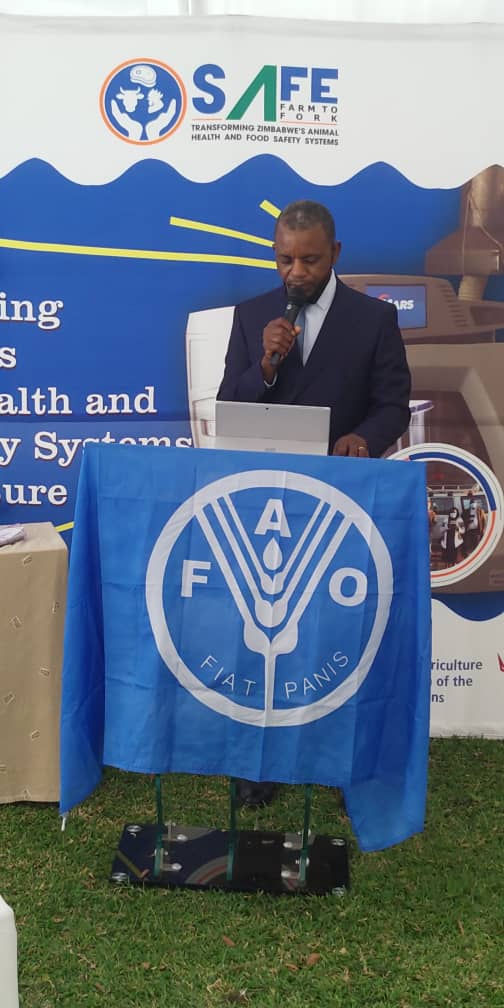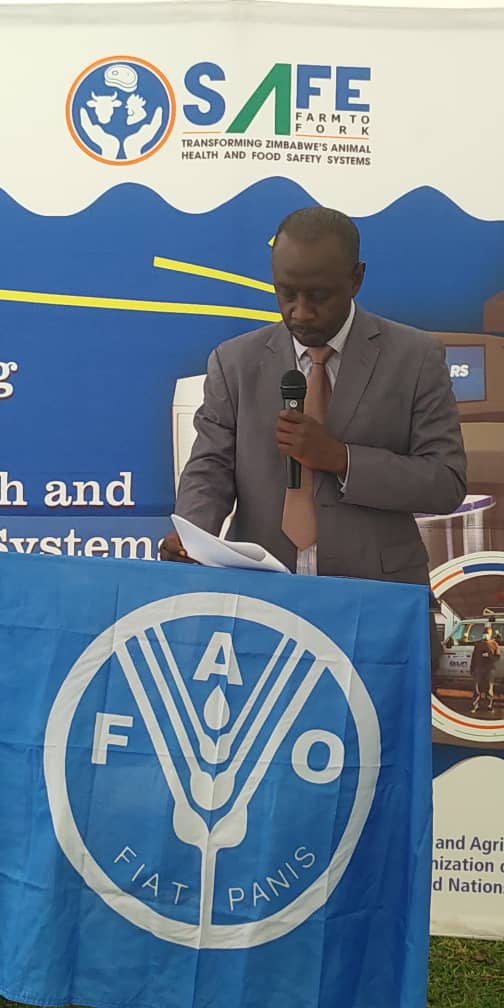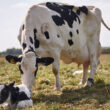
A new curriculum for Environmental Health Technicians designed to produce ‘foot soldiers’ to jealously guard the country’s food control system and public health in general in line with Sustainable Development Goal 2 (SDG2) has been launched.
SDG2 talks about ending hunger, achieving food security and improved nutrition and promoting sustainable agriculture of which food safety is paramount.
The Department of Environmental Health Services in Ministry of Health and Child Care collaborated with the European Union funded and Food and Agriculture Organisation (FAO) run SAFE Project to launch the new curriculum which was approved by the Higher Education Examinations Council (HEXCO) and accepted for use by the Ministry of Health and Child Care (MoHCC).
The curriculum is expected to improve public health and food safety knowledge, behaviors, attitudes, and skills of Zimbabwe’s public health officers.
“Food safety is paramount to achieving SDG2 – Zero Hunger and this is possible when available food is safe and nutritious. Food-borne illnesses exacerbate nutrient deficiencies and food-borne parasitic infections have huge social and economic cost, particularly in developing countries like Zimbabwe,” said FAO Subregional Coordinator for Southern Africa and FAO representive in Zimbabwe, Dr Patrice Talla in a speech read on his behalf by Louis Muhigirwa, FAO Deputy Representative.
With support from the European Union, FAO Zimbabwe is currently implementing the Transforming Zimbabwe’s Animal Health and Sanitary and Phytosanitary (SPS)/Food Safety Systems for the future -SAFE Project- under the Zimbabwe Agriculture Growth Programme (ZAGP).
The SAFE project aims to transform animal health and food safety systems encouraging adoption of international best practices along the food systems. The reviewed curriculum has the following highlights to align the profession to international best practise and for it to produce cadres that are equipped with knowledge and skills to solve today’s public health challenges:
Consolidation from four to three years in line with international best practice. With the new approach, cadres are exposed more to practical work which makes them hands on professionals.
Emergency Preparedness and Disaster Management- Zimbabwe witnessed how Cyclone Idai and Covid-19 pandemic threatened food security, food nutrition and food safety and there is need to remodel systems to prepare for these emerging issues.

“I am glad to say this new curriculum equips cadres with skills and knowledge for emergency preparedness and management. This is one area that FAO has lots of interest as we seek to assist countries to increase the resilience of households, communities and institutions to more effectively prevent and cope with threats and disasters that impact on agriculture and food systems that include food safety and nutrition.”
Biostatistics- The module dovetails well with FAO’s thrust on promotion of innovation through research which FAO is promoting through the Hand-in-Hand Initiative as the organisation believes that “tomorrow’s solutions come from partnerships, innovation, big data, technology and inclusiveness”.
Meat Hygiene and Inspection – Previously leaners were only taught meat hygiene but it was recommended that since the population of the country is increasing and also that the country has drifted from the arrangement where all slaughters were mainly centred around the Cold Storage Commission (CSC) the EHTs who are always on the ground in communities should be equipped with meat inspection skills so that even meat slaughtered at slaughter polls, Grade C abattoirs or even chickens slaughtered by those cooperatives are inspected.
Ethics and Public Health Law – FAO’s 2016 Food Control report for Zimbabwe revealed that there was a huge gap on interpretation of public health law and ability to apply during prosecutions and because of that food safety violations are going on unpunished. Lack of knowledge of the law was also singled out as one of the major sources of overlaps that are found between Environmental Health Department, Veterinarians and Local Authorities.
The introduction of the new module is expected to go a long way towards improving the food control system of Zimbabwe.
“Emerging issues due to globalisation, changing technologies and new international standards and approaches, the rise of pandemics such as Covid-19 and natural disasters due to climate change (such as Cyclone Idai) forced the Ministry to do an introspection and looked at the inadequacies of our internal education system/training which we offer to EHTs through selected Polytechnic Colleges and our Multidisciplinary Schools.
“This interrogation of our education system made us realise that there has been a disconnect between knowledge gained through the system that was existing and the local environment as the traditional curriculum seemed to be concentrating on exotic application domains. It is this realisation of reality that pushed the Ministry to take this step of reviewing this important curriculum so that cadres produced after training have hands-on experience and are equipped with modern knowledge to tackle emerging challenges,” said Permanent Secretary in the Ministry of Health and Child Care Air Commodore Jasper Chimedza said in a speech read on his behalf by the Acting Permanent Secretary Dr Munyaradzi Dobbie.
The ministry has recruited 226 trainees who are going to be pioneers of the transformed curriculum.











